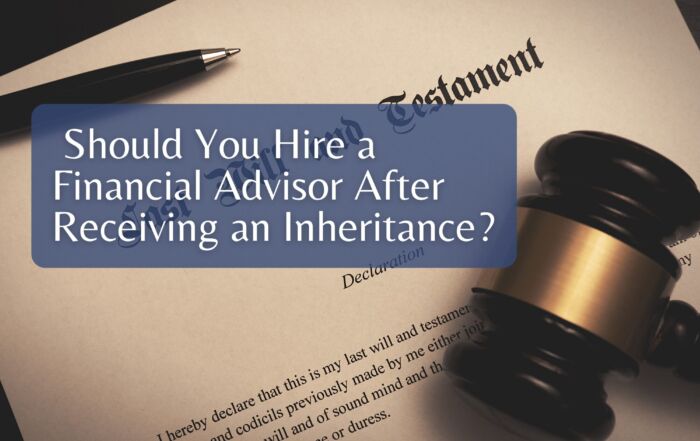The Difference Between Wills vs Trusts

The legal world can make implementing an estate plan appear so daunting. Attorneys love to speak in legalese, but even basic terms like “will” and “trust” can leave most of us wondering what we actually need. So, what’s the difference between wills vs. trusts? Essentially, wills and trusts serve different purposes at different stages of life, but let’s break it down in more detail.
Everyone Needs a Will
We’ll start with wills. Let me say it for the people in the back, everyone needs a will. A will is a legal document that directs where your assets go at your death and who administers the process, commonly known as the executor or executrix. More importantly, if you have minor children, they will names a guardian for your children if you’re deceased. Don’t leave that important decision up to the court system. Note that a will does go through probate court, so it doesn’t keep anything private. Depending on your estate, probate costs will vary.
Having a Living Trust
On the other hand, a trust can be implemented in a couple of ways. A living trust is just that–it takes effect while you are alive, skips the probate process when you die, and keeps your assets private. These trusts are revocable, meaning that the grantor (creator) of the trust can make changes during his/her lifetime. At the time of passing, the trust becomes irrevocable. It allows the grantor to name beneficiaries for their assets while they are living and after their death. Additional advantages of a trust are that trusts allow individuals to specify who should step in to manage their property if they become mentally incapacitated. If a property is owned in another state a trust will avoid probate in that state. If you do set up a trust, you need to retitle your assets(investment accounts, bank accounts, house, etc.) in the name of the trust. So, often clients put so much effort and expense into an estate plan and then we find out that they never funded the trust with any assets.
Everyone Needs a Will, but not Everyone Needs a Trust
To summarize, everyone needs a will, but not everyone needs a trust. If you do use a living trust, you should also create a pour-over will. The pour-over will sends any property that is not included in the trust into the trust at your death. While executing these documents, you should also implement a healthcare directive and a financial power of attorney. The health care directive names a person to make decisions for you when you are unable to do so. The financial power of attorney does the same thing for your financial affairs. Don’t delay getting these critical documents in place. When your children turn 18, it’s crucial to get them to execute these documents so hospitals and doctors will speak with you in case your child is incapacitated. Otherwise, HIPAA prevents them from taking medical directives from you, since your child is technically an adult.
If you have questions about setting up a will or a trust and how that could impact your specific financial situation, don’t hesitate to call or email us at Wiser Wealth Management.
Have more questions? Contact Us
Missie Beach, CFP®, CDFA®
Senior Financial Advisor
Share This Story, Choose Your Platform!
Wiser Wealth Management, Inc (“Wiser Wealth”) is a registered investment adviser with the U.S. Securities and Exchange Commission (SEC). As a registered investment adviser, Wiser Wealth and its employees are subject to various rules, filings, and requirements. You can visit the SEC’s website here to obtain further information on our firm or investment adviser’s registration.
Wiser Wealth’s website provides general information regarding our business along with access to additional investment related information, various financial calculators, and external / third party links. Material presented on this website is believed to be from reliable sources and is meant for informational purposes only. Wiser Wealth does not endorse or accept responsibility for the content of any third-party website and is not affiliated with any third-party website or social media page. Wiser Wealth does not expressly or implicitly adopt or endorse any of the expressions, opinions or content posted by third party websites or on social media pages. While Wiser Wealth uses reasonable efforts to obtain information from sources it believes to be reliable, we make no representation that the information or opinions contained in our publications are accurate, reliable, or complete.
To the extent that you utilize any financial calculators or links in our website, you acknowledge and understand that the information provided to you should not be construed as personal investment advice from Wiser Wealth or any of its investment professionals. Advice provided by Wiser Wealth is given only within the context of our contractual agreement with the client. Wiser Wealth does not offer legal, accounting or tax advice. Consult your own attorney, accountant, and other professionals for these services.





